In an era where technology is reshaping various industries, healthcare stands at the forefront of innovation, particularly with the integration of blockchain technology. This decentralized and secure method of managing data is paving the way for significant improvements in patient care, data security, and overall healthcare efficiency. Here’s an in-depth look at how blockchain technology is transforming healthcare data management and revolutionizing patient care.
The blockchain in healthcare market is poised for significant growth, projected to reach a valuation of US$17.6 billion by 2031, with an impressive CAGR of 48.6% during the forecast period from 2024 to 2031. This rapid expansion is largely driven by the increasing demand for enhanced data security and privacy within the healthcare sector, alongside rising awareness of these critical issues.
Notably, the European region leads the market, accounting for approximately 34% of the total share. The market was valued at US$1.1 billion in 2024, reflecting a robust historical growth rate of 30.5% from 2019 to 2023.
Understanding Blockchain Technology in Healthcare
Blockchain technology, initially popularized by cryptocurrencies like Bitcoin, is a decentralized digital ledger that records transactions across multiple computers. In the context of healthcare, blockchain allows for the secure and transparent management of patient data, which is critical for enhancing the quality of care.
Unlike traditional databases, where a single entity has control over the data, blockchain distributes data across a network of computers. This decentralization ensures that no single party can alter or manipulate the data without consensus from the network. Consequently, this creates an environment of trust, accountability, and transparency, which is paramount in the healthcare sector.
Enhancing Data Security and Privacy
One of the most significant challenges in healthcare today is ensuring the security and privacy of patient data. Data breaches and unauthorized access to sensitive information have become alarmingly common, leading to devastating consequences for patients and healthcare providers alike. Blockchain technology offers a robust solution to these issues.
With blockchain, patient data is encrypted and stored in a decentralized manner. This means that even if one part of the network is compromised, the integrity of the entire system remains intact. Moreover, patients can have greater control over their data, deciding who has access and how it can be used. This not only enhances privacy but also fosters a greater sense of trust between patients and healthcare providers.
Improving Interoperability in Healthcare Systems
Interoperability—the ability of different healthcare systems and organizations to communicate and share data—is a significant barrier to efficient patient care. Fragmented systems often lead to delays in treatment, miscommunication, and gaps in patient information.
Blockchain technology facilitates interoperability by providing a standardized method for sharing data across various platforms. With a unified and secure ledger, healthcare providers can access real-time patient information regardless of where the patient has received care. This seamless exchange of information leads to better-coordinated care, reduced duplication of tests, and ultimately improved patient outcomes.
Streamlining Clinical Trials and Research
The healthcare industry relies heavily on clinical trials and research to develop new treatments and medications. However, the traditional process of managing trial data can be cumbersome, leading to inefficiencies and potential ethical concerns regarding data integrity.
Blockchain can revolutionize this process by providing a secure and transparent platform for managing trial data. Researchers can record patient consent, track trial progress, and securely store data in a manner that is both tamper-proof and easily accessible for regulatory review. This not only enhances the credibility of research findings but also expedites the approval process for new treatments.
Empowering Patients Through Data Ownership
Empowering patients with ownership of their data is a critical component of modern healthcare. Blockchain technology allows patients to have complete control over their medical records, enabling them to share their information with healthcare providers, specialists, or researchers as needed.
This newfound control encourages patients to take a more active role in their healthcare decisions. By having access to their complete medical history, patients can make informed choices about their treatment options, leading to better health outcomes. Additionally, this transparency fosters a collaborative relationship between patients and providers, enhancing the overall patient experience.
Reducing Healthcare Costs
The rising cost of healthcare is a pressing concern for patients, providers, and payers alike. Blockchain technology has the potential to significantly reduce costs by streamlining administrative processes, minimizing fraud, and improving efficiency.
By automating various processes such as billing, claims processing, and patient verification, blockchain can reduce the administrative burden on healthcare providers. This allows them to focus more on patient care rather than paperwork. Furthermore, the enhanced security and transparency offered by blockchain can help combat fraudulent activities, which often result in significant financial losses for healthcare organizations.

Enhancing Drug Supply Chain Management
The pharmaceutical supply chain is complex and often susceptible to fraud, counterfeiting, and inefficiencies. Blockchain technology can greatly enhance the integrity and transparency of the drug supply chain.
By recording every transaction related to a drug’s journey—from production to distribution—on a blockchain,
stakeholders can track and verify the authenticity of medications. This not only helps prevent counterfeit drugs from entering the market but also ensures that patients receive safe and effective treatments. Enhanced visibility in the supply chain also allows for quicker responses to recalls and safety alerts, ultimately protecting patient health.
Fostering Innovation in Healthcare Solutions
The integration of blockchain technology in healthcare encourages innovation by creating a collaborative environment where data can be shared securely and efficiently. This fosters the development of new healthcare solutions that can significantly improve patient care.
For instance, startups and researchers can leverage blockchain to access vast amounts of anonymized patient data for analysis, leading to the discovery of new treatments or the identification of trends in patient health. Additionally, the ability to share data securely encourages partnerships between healthcare providers, tech companies, and research institutions, driving forward the pace of innovation in the sector.
Overcoming Challenges in Blockchain Adoption
While the potential benefits of blockchain technology in healthcare are immense, several challenges must be addressed for widespread adoption. These challenges include regulatory compliance, the need for industry standards, and the technical complexities associated with integrating blockchain into existing healthcare systems.
To overcome these hurdles, collaboration among stakeholders—including healthcare providers, technology companies, and regulatory bodies—is essential. Developing industry-wide standards and best practices will facilitate smoother implementation and encourage trust among users.
Conclusion: A Promising Future for Patient Care
Blockchain technology is poised to revolutionize healthcare data management and patient care. By enhancing security, improving interoperability, empowering patients, and fostering innovation, blockchain holds the key to addressing many of the challenges facing the healthcare sector today.
As the healthcare industry continues to evolve, embracing blockchain technology will be crucial in creating a more efficient, secure, and patient-centered environment. The future of patient care depends on harnessing the potential of this transformative technology, ensuring that every patient receives the best possible care based on accurate and secure data management.



